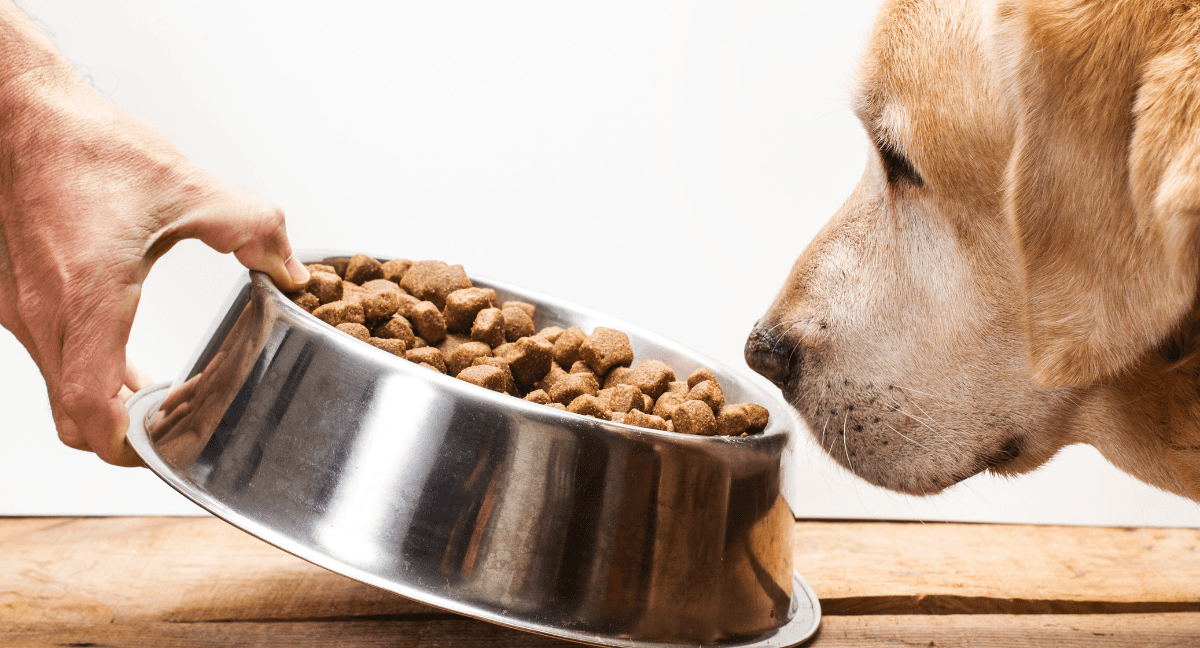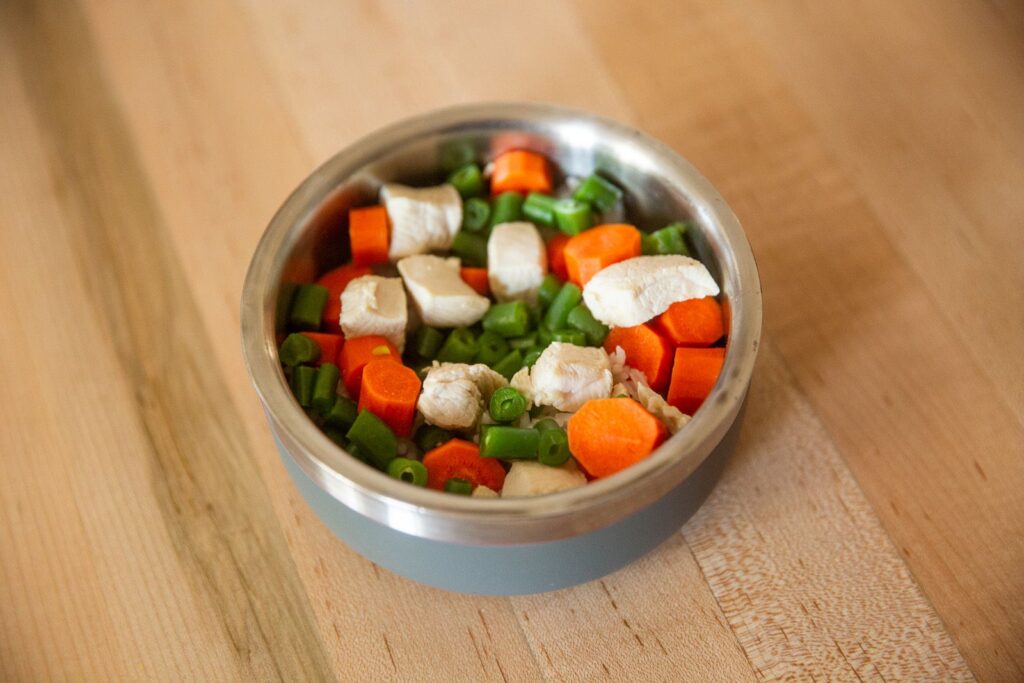
Providing your pet with a balanced and nutritious diet is essential for their overall health and well-being. Just like humans, animals require a variety of nutrients to thrive, including proteins, carbohydrates, fats, vitamins, and minerals. In this article, we’ll explore how to create a balanced menu for your pet, ensuring they receive the nutrients they need to stay healthy and happy.
Understanding Your Pet’s Nutritional Needs
Before designing a diet plan for your pet, it’s crucial to understand their specific nutritional requirements. Dogs, cats, and other animals have different dietary needs based on factors such as age, size, breed, and activity level. For example, puppies and kittens require diets higher in protein and calories to support their growth and development, while senior pets may benefit from lower-calorie, lower-fat diets to maintain a healthy weight.
Consulting with your veterinarian is the first step in determining the appropriate diet for your pet. Your vet can provide valuable insights into your pet’s nutritional needs and help you tailor their diet to meet those requirements.

Choosing the Right Ingredients
When creating a balanced menu for your pet, it’s essential to select high-quality ingredients that provide the necessary nutrients without unnecessary fillers or additives. Look for pet food brands that use real meat, whole grains, and fresh fruits and vegetables as primary ingredients. Avoid products that contain artificial colors, flavors, or preservatives, as these may be harmful to your pet’s health.
Protein is a crucial component of your pet’s diet, as it provides essential amino acids necessary for muscle growth and repair. Look for protein sources such as chicken, beef, fish, and eggs. Plant-based proteins such as lentils, chickpeas, and quinoa can also be incorporated into your pet’s diet, especially for vegetarian or vegan pets.
Carbohydrates are another important source of energy for your pet, providing fuel for daily activities and exercise. Choose complex carbohydrates such as brown rice, oats, and sweet potatoes, which are rich in fiber and nutrients. Avoid simple carbohydrates like corn, wheat, and soy, which offer little nutritional value and may contribute to digestive issues.
Fats are essential for your pet’s overall health, providing energy, insulation, and essential fatty acids. Look for healthy fats such as omega-3 and omega-6 fatty acids, which support skin and coat health, joint function, and cognitive function. Sources of healthy fats include fish oil, flaxseed oil, and coconut oil.
Portion Control and Feeding Schedule
In addition to selecting the right ingredients, portion control is crucial for maintaining your pet’s optimal weight and preventing obesity-related health problems. Follow feeding guidelines provided by your veterinarian or pet food manufacturer, taking into account factors such as age, weight, activity level, and metabolism.
Divide your pet’s daily food allowance into two or three meals to prevent overeating and promote healthy digestion. Avoid free-feeding, where food is left out continuously, as this can lead to excessive calorie consumption and weight gain.
Supplements and Treats
While a balanced diet should provide most of the nutrients your pet needs, supplements may be beneficial in certain cases, such as for pets with specific health conditions or dietary restrictions. Talk to your veterinarian before adding any supplements to your pet’s diet, as some may interact with medications or exacerbate underlying health issues.

When it comes to treats, choose options that are low in calories and made from high-quality ingredients. Look for treats that are rich in protein and free from artificial additives, fillers, and by-products. Limit the amount of treats given to your pet to avoid excessive calorie intake and maintain a balanced diet.
Monitoring Your Pet’s Health
Regular monitoring of your pet’s health is essential for ensuring they are receiving adequate nutrition and maintaining a healthy weight. Keep an eye on your pet’s body condition score, which should ideally be between 4 and 5 on a scale of 1 to 9, with 1 being emaciated and 9 being obese.
Signs of poor nutrition or health issues may include weight loss or gain, changes in appetite or water intake, dull coat, lethargy, digestive problems, and behavioral changes. If you notice any of these signs, consult your veterinarian for further evaluation and guidance.
Creating a balanced menu for your pet is a fundamental aspect of responsible pet ownership. By understanding your pet’s nutritional needs, choosing high-quality ingredients, practicing portion control, and monitoring their health, you can ensure they receive the nutrients they need to thrive. Remember to consult with your veterinarian before making any significant changes to your pet’s diet, and always prioritize their health and well-being above all else. With proper nutrition and care, you can help your pet live a long, happy, and healthy life.

